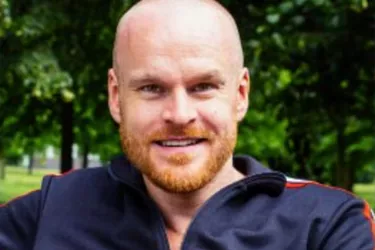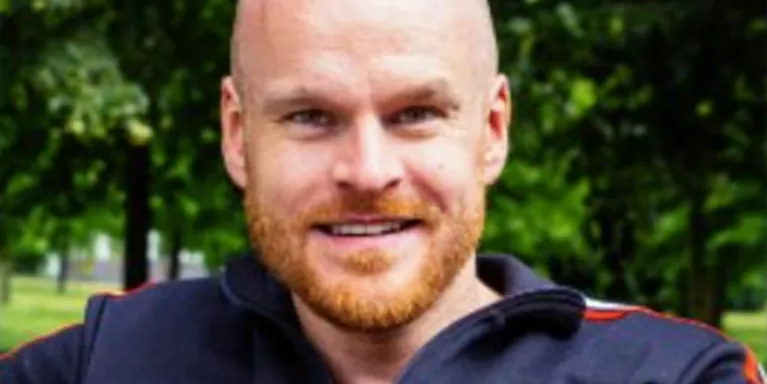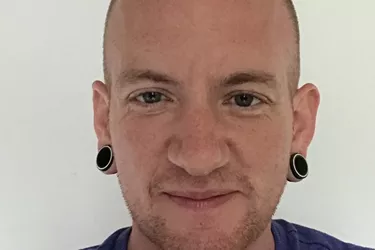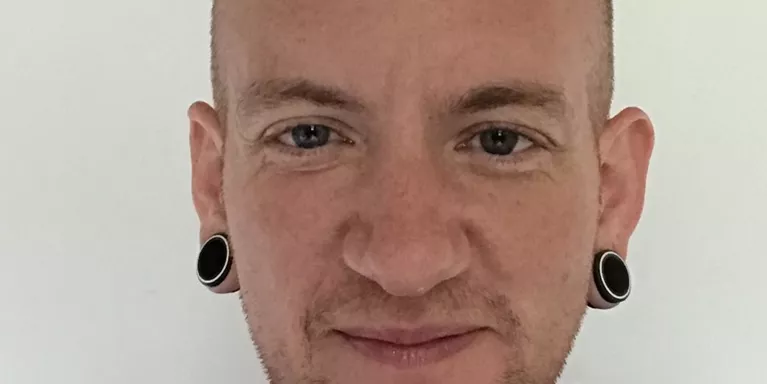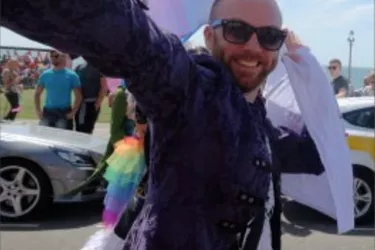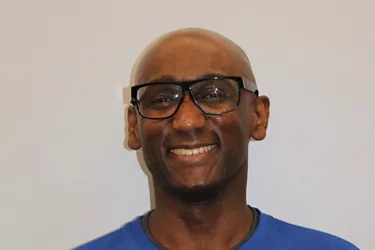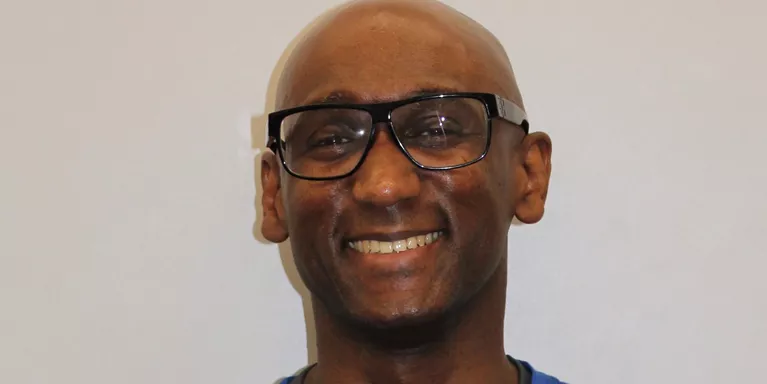Supporting Trans+ people
Jay blogs about how Bristol Mind's helpline MindLine Trans+ would have transformed his life 20 years ago.
Twenty years ago, when I was a young genderqueer person, I was going through a rough time. My family had been very distant for some years, and I was facing some backlash from my chosen LGB family about coming out as trans. I felt very alone, and like many other people suffering from minority stress, I turned to drugs and self-harm to dampen my feelings of hopelessness.
During that time, I managed to reach out twice. It took a huge amount of bravery to pick up the phone and try to say “I’m not coping…” - I didn’t really know what support I was looking for, just to hear a friendly voice I guess, to feel like someone cared. Unfortunately, I never got to explore that.
I never got beyond trying to explain my gender, to actually talk about my feelings of distress.
The first person who answered was utterly unaware of what being trans was, and when I tried to explain, they made a lot of assumptions and asked me, “Why would I want such a difficult life?” – suggesting I’d be better off if I “just forgot” about being trans. The second time, it was even harder to reach out, and the result was no better. Both times I never got beyond trying to explain my gender, to actually talk about my feelings of distress.
My problems weren’t specific to walking in the world as a trans person; I was lonely and in emotional pain
My problems weren’t specific to walking in the world as a trans person; I was lonely, isolated, and in emotional pain. However, the lack of understanding meant that I could not get the support that would have been available to someone who was cisgender and heterosexual. This compounded my feelings of being utterly alone and unable to survive in a world that was hostile towards me. It was an extremely hard time to get through, and left me with a lasting understanding that services weren’t for people like me.
Fast forward twenty years and, on moving to Bristol, I happened upon an advert for MindLine Trans+, a twice weekly helpline for transgender, non-binary, and questioning people, and their families and friends. I knew I wanted to get involved and see if I could help. In November 2019, I completed intensive training with Bristol Mind and began as a MindLine Trans+ helpline volunteer. In the many calls I have taken since, I often recognise the relief in the voices of callers when they explain some part of their identity and hear that they are quickly understood.
Bristol Mind tries to ensure that volunteers on the line have lived experience and, if not, then they are fully trained in transgender awareness. This removes one huge barrier (amongst many others) for people to be able to reach out and feel supported, whether their reason for calling is directly related to them being trans or not.
There is a swelling in my heart when a caller says “Thanks, it’s been useful to talk to someone who gets it"
For me, there is a swelling in my heart when a caller says “Thanks, it’s been really useful to talk to someone who gets it”. I know that they have had one positive experience in a world that can be hostile to gender variant people. We are not here to advise, direct, or persuade, but to listen, empathise, and accompany people on a small part of their journey. For me, it is a privilege I wouldn’t have been able to imagine all those years ago, and I am thankful on behalf of all my trans siblings to all those who made it become a reality.


Information and support
When you’re living with a mental health problem, or supporting someone who is, having access to the right information - about a condition, treatment options, or practical issues - is vital. Visit our information pages to find out more.
Share your story with others
Blogs and stories can show that people with mental health problems are cared about, understood and listened to. We can use it to challenge the status quo and change attitudes.










